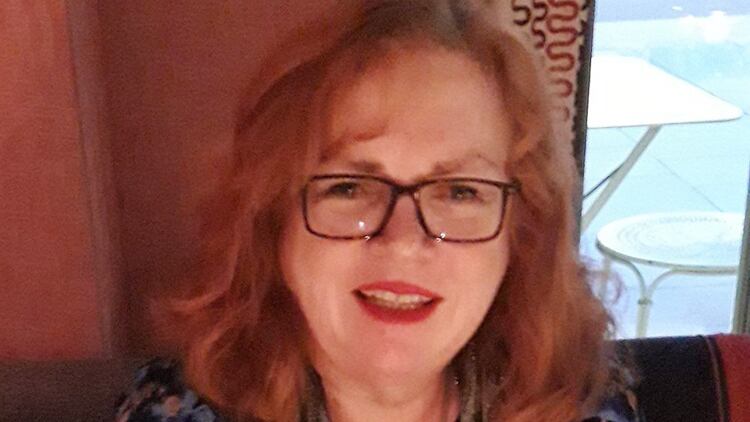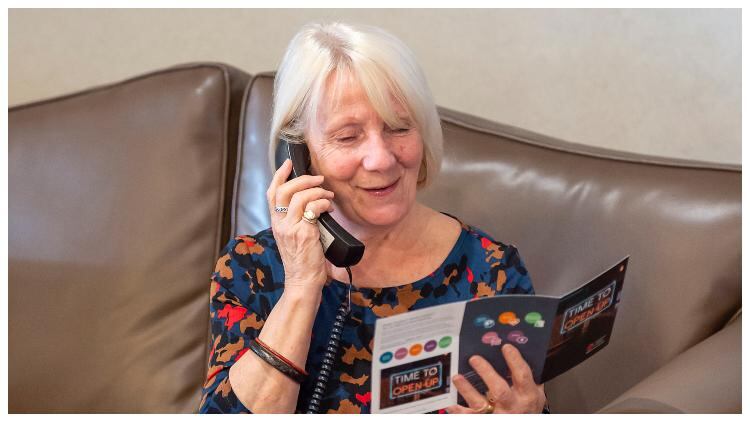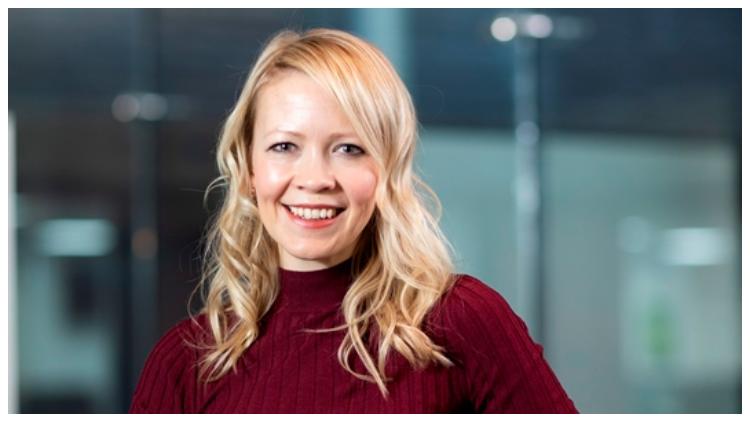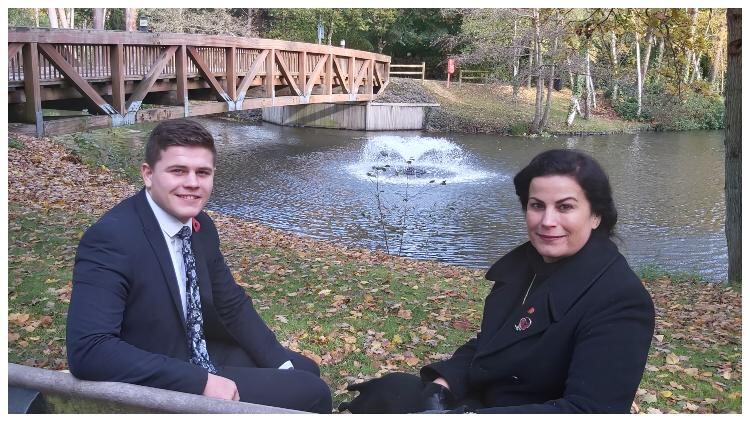Heineken is hosting more than 150 Brewing Good Cheer events this December to host lunches for many people who are socially isolated, complementing the Licensed Trade Charity’s year-round mission to reduce loneliness among former pub trade workers by matching them up with telephone befrienders who chat with them regularly.
In the last of our series of spotlights on the heroes who volunteer for the Licensed Trade Charity to help reduce isolation among former licensed trade workers, we talk to Marge Francis about how she makes a difference.
- What is your licensed trade background/connection?
My parents had pubs and were multiple licensees of pubs and an off-licence. Our family businesses had tenancies with Watneys and Grand Metropolitan. I followed them into the trade and also became a multiple licensee of pubs and an off-licence. I also had a freehouse with my late husband in the London area. I have been a member of five ladies Licensed Victuallers Ladies Auxiliaries joining the first one at 17 and being chairman of two of the auxiliaries and holding various officer positions.
- Why did you choose to become a telephone befriender, and how did it come about?
After leaving the licensed trade, I worked for Mind, fostered teenagers, was a befriender for disabled children and for the past 12 years have run a local voluntary care group charity with a befriending service. I felt that all this experience could be put to good use helping others who had been in the industry that I had grown up in and worked for many years. It gave me a chance to give something back.
- Who do you talk to, and how often?
I have two befriendees. One is an elderly lady in her 80s. She had a pub with her late husband and has also worked in pubs for friends. I phone her every two weeks and we usually chat for a good 30 to 40 minutes. We have lots of interests in common.
The second is a middle-aged man who has severe depression and other health issues and is not able to work at the moment. He has run bars, pubs and restaurants in the past, and is trying to set up his own business. I call him once a week and let him get off his chest what has happened in the last week.
- What are your befriendees’ situation in terms of becoming isolated and needing support?
The lady has some family and attends a club once a week, but many of her friends and neighbours have died,including the friend she used to go on holiday with. She also misses her old dog that died. She has mobility issues and other health problems.
The man has a lot of problems, including health issues, and conflicts with his ex-wife who is making things very difficult for him emotionally and financially too. He gets very depressed because his ex-wife causes issues with contact of their children, and is very critical of him as their father. He feels worthless and gets very withdrawn and does not want to go out or talk to his family or friends.
- How does your call help your befriendees?
The lady’s situation gets her very down and depressed and telephone befriending helps her by giving her an outlet to talk about it, or to take her mind off it. She always tells me how she looks forward to, and is grateful for, my calls.
I encourage the man to talk about other things to take his mind off his problems. He has told me he appreciates my phone calls and it cheers him up. It provides a welcome distraction for him.
I feel that I am helping them by relieving their social isolation and cheering them up. I have been befriending them both for some time and we have lots of subjects to talk about. They are both very interesting people.
- What changes have you seen in them since the start of your befriending?
The man seems to really benefit from being able to get things off his chest and just be able to talk to someone, and having that outlet is also making him more talkative about other things that he does, which is a good thing. The lady has really begun to open up about her family – their history, details about her close family members and their news.
- What do you get out of it?
I enjoy my regular phone calls to my two befriendees, I feel that I am helping them by relieving their social isolation and cheering them up.
- How has it changed you and your outlook?
Befriending for the LTC has not changed me because I had experience in helping people with loneliness, isolation, health and other problems before, but each person is different with a different story of how they have been effective and I have learnt from this.
- What tips would you give to someone feeling lonely and isolated?
The advice I would give to someone who is feeling isolated and lonely is to phone the LTC for advice and support about the telephone befriending service. You will be linked to a befriender who will call you on a regular basis and the befriender may be able to signpost you to local activities that could help and support you, like local churches, charities and medical support groups.
- What advice would you give to someone wondering what they can do to help others?
My advice to someone who is thinking about being a befriender is to give it a go. You will get a lot of fulfilment and enjoyment out of it knowing you are helping someone.
If you are feeling lonely or isolated and would like to discuss having a regular call from a befriendee, or would like to know more about joining the team of volunteers who make the calls, contact the Licensed Trade Charity’s 24/7 helpline on 0808 801 0550.




